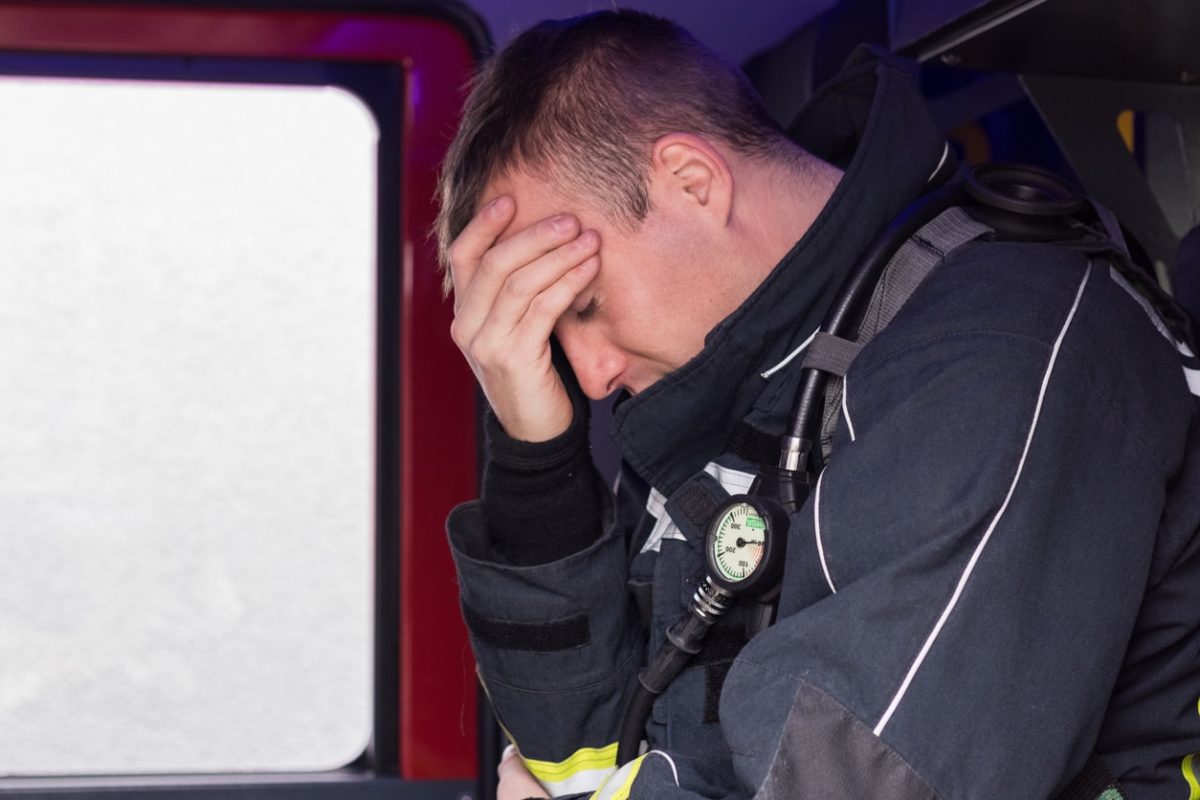
Firefighters need high energy, so what happens when the enthusiasm dies? Those suffering from burnout have depleted energy and emotional exhaustion, are more prone to illness, have increased depersonalization in interpersonal relationships, see increased pessimism, and experience a decline in work efficiency. Burnout typically occurs when individuals begin in a profession with good intentions, but then tries to reach unrealistic goals and ends up depleting their energy and losing touch with themselves.
The onset of burnout is usually slow with a mild sense of alienation, cynicism, impatience, negativism, and feelings of detachment to the point that the individual begins to resent work.
A phenomenon in the firehouse is those firefighters who are feeling “burned out” telling other members that they should be feeling the same way. Some resist, but others begin to internalize it eventually start feeling “burned out” themselves. Putting an end to it at the source can save you from further headache.
What Can You Do?
It is important that firefighters are able to blow off steam and have a good time with each other in the firehouse. When time permits, provide have some food, encourage workouts or some kind of interactive activity for members to engage in.
Also, truly feeling like they are making a significant positive impact on society is a huge factor that keeps firefighters driven. Help provide that push by offering incentives to keep firefighters interested and challenged.
If you notice signs of burnout in your firefighters sit down and talk with them about what they are experiencing. Everyone is different and would appreciate different coping mechanisms, not a blanket approach. Fire chiefs may sometimes have to be a sounding board.
Firefighters are not likely to stay if they are being micro-managed as they’re looking for leadership and competent management. Fire chiefs must create a culture that stimulates inner motivation. Recognizing a “job well done” and offering feedback are both equally important. Each member should feel appreciated and that their contribution is valued. If they don’t feel as if they are a true asset to the operation they are likely to burn out quicker.
Another way to ensure they feel valued is by publicizing what kind of contributions they have made to help their community.
Keep in mind that maximizing sleep opportunities during overnight shifts can also reduce burnout risk among vulnerable personnel. Efforts that are tailored to the unique needs and work schedules of first responders can be especially helpful.
About Provident FirePlus
At Provident FirePlus, we offer custom-tailored packages to best protect firefighters and volunteer firefighters. We understand the risks that emergency response teams are subjected to on a daily basis, and have worked to serve these dedicated professionals for over 87 years. For more information about our products and policies, we invite you to contact our experts today at (855) 201-8880.

